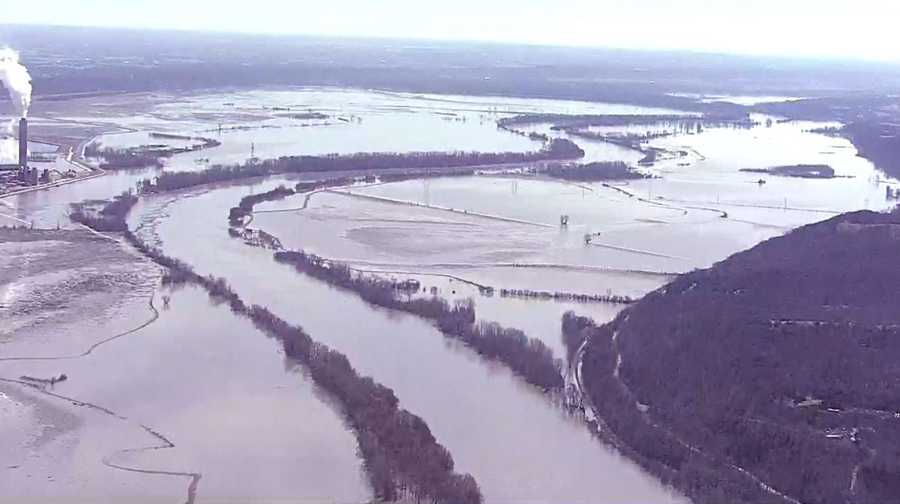Your standard Homeowner’s Insurance policy will not cover you in the event your home suffers a flood. If you are concerned that your house is in a flood zone, you may be able to purchase separate flood insurance through the US Government’s National Flood Insurance program, but it will probably cost you a big premium with a hefty deductible to purchase the insurance.

In The News
Floods are very much in the news. Heavy rains in the US Midwest caused the Missouri River and some tributaries to overflow, which caused massive flooding in states like Iowa and Nebraska. In the Northeast, if it rains heavily during the late Winter or Spring while the snow is melting, various rivers, creeks and streams will flood. The low-lying Houston area is prone to flooding when a tropical storm hits or even with some heavy rain. One can discuss why this might be happening or if it is happening with increased frequency, but property is being damaged and people’s pocketbooks are suffering.
Flood Zone?
This article from the Wall Street Journal points out that your house might be in a flood zone without you knowing it does because home sellers may not have to disclose prior flooding and because FEMA flood maps may be out of date. Your lesson: Don’t rely on information from others, including the US Government. Instead, rely on your own common sense. Make sure the house you are looking to buy is on high ground, and/or is elevated above ground level. Live somewhere that water flows away from, not where water flows to. If you already own your home, buy the flood insurance (if you can), and also have a drainage or another type of protection plan so that your home doesn’t flood. Installing a drainage system for your property might be money very well spent if it prevents your home from flooding.
Renters
“I rent, and I have renter’s insurance, so I’m covered if it floods, right?” Well, unfortunately, you are not. Renter’s insurance is like homeowner’s insurance in that, if water comes up from the ground (as with a flood), damage is not covered. If you rent, the same logic applies: Use your common sense. Rent on an upper floor, if possible. Live on high ground, and keep your valuables out of harm’s way in the event of a flood.
IMO
If you live in an area with lakes, rivers, creeks, harbors, or other bodies of water, and you are concerned you may be in a flood zone, your concerns are valid. A 3rd standard deviation-type storm may hit and your property could flood. Your best course of action is to use common sense and to take steps ahead of time to prevent flood damage rather than to seek compensation or reimbursement after the flood happens.
